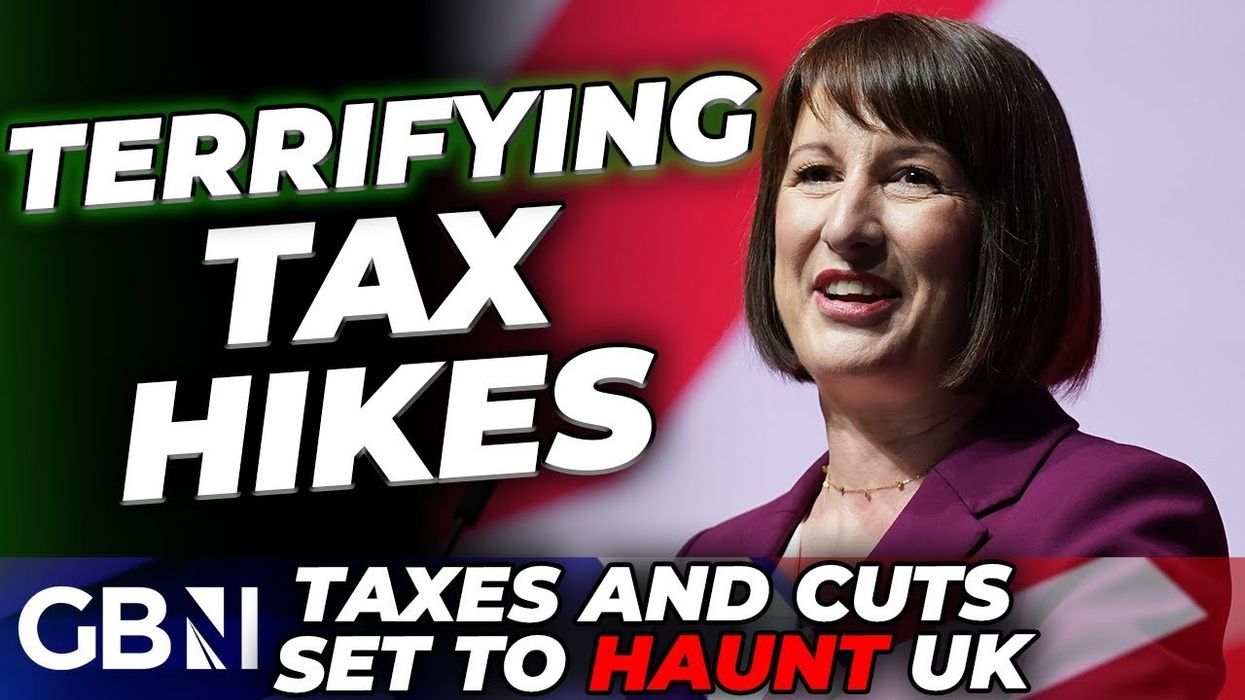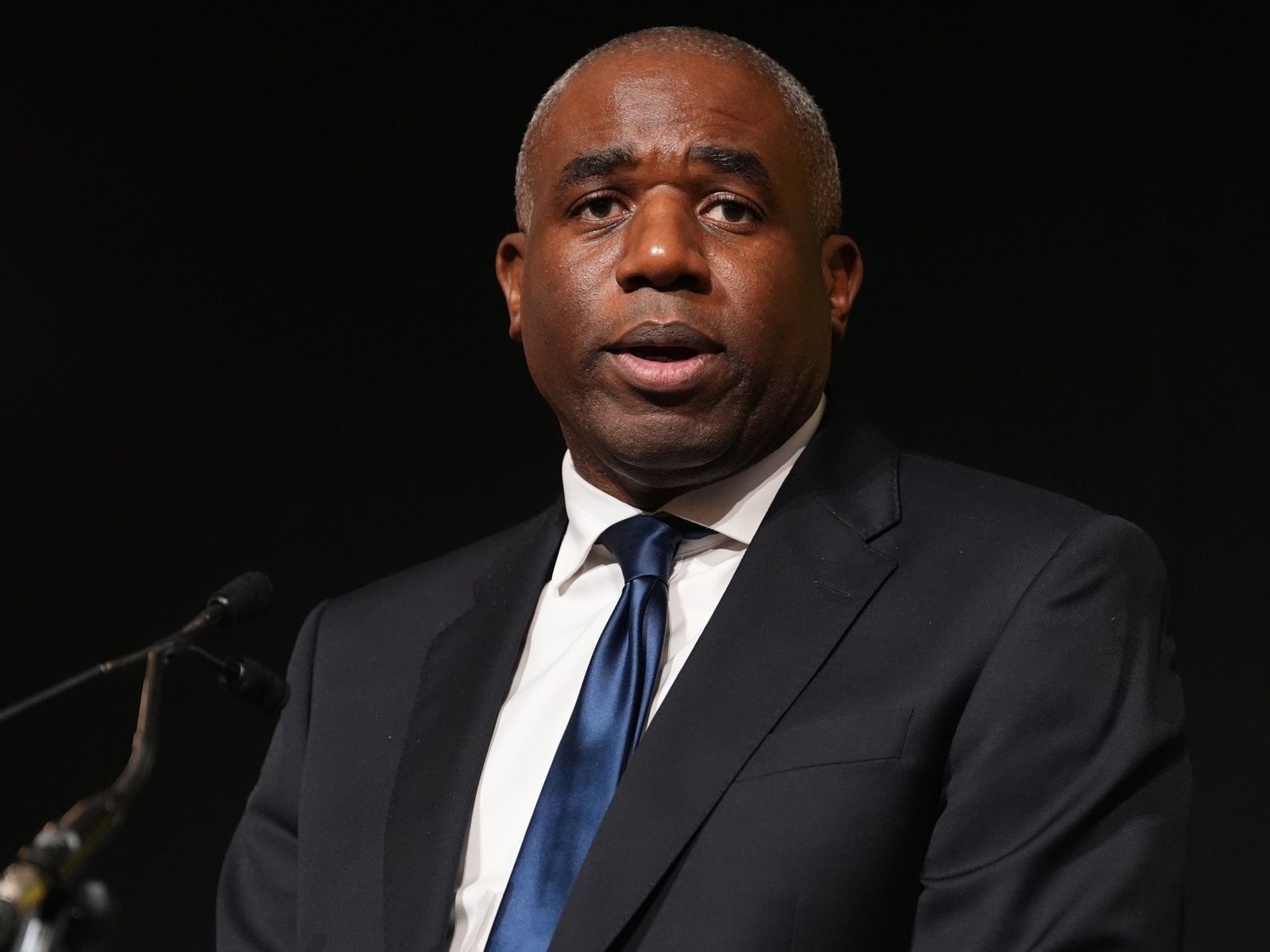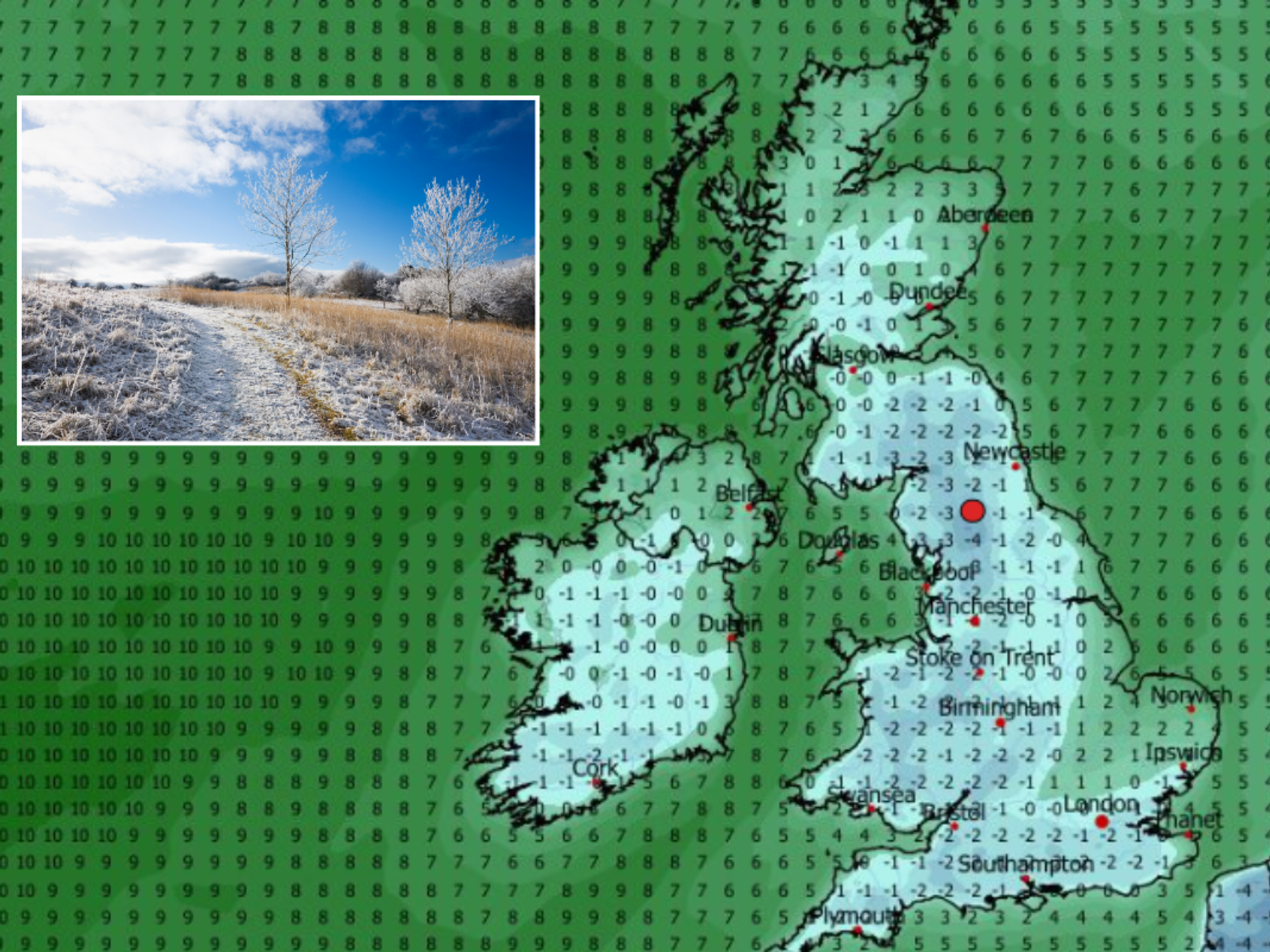Inheritance tax raid: 'Baby boomers' at risk of paying more in stealth IHT rate hike

Frozen tax thresholds are causing Britons to pay more in inheritance tax, based on new figures
Don't Miss
Most Read
Latest
Thousands of Britons are finding themselves targeted as part of an inheritance tax (IHT) raid with more at risk of losing their hard-earned savings.
The latest tax revenue statistics from HM Revenue and Customs (HMRC) reveal a significant increase in inheritance tax receipts.
For the period from April to September 2024, IHT receipts reached £4.3billion, marking a £0.4billion rise compared to the same period last year.
This surge highlights the growing impact of fiscal drag, causing more people to become liable for inheritance tax.
The phenomenon occurs as inflation pushes asset values higher, whilst tax thresholds remain frozen.
According to the data, released just before the Autumn Budget, shows that overall gross tax and National Insurance Contributions receipts for the same period totalled £406.3 billion, an increase of £11.1billion from the previous year.
Do you have a money story you’d like to share? Get in touch by emailing money@gbnews.uk.
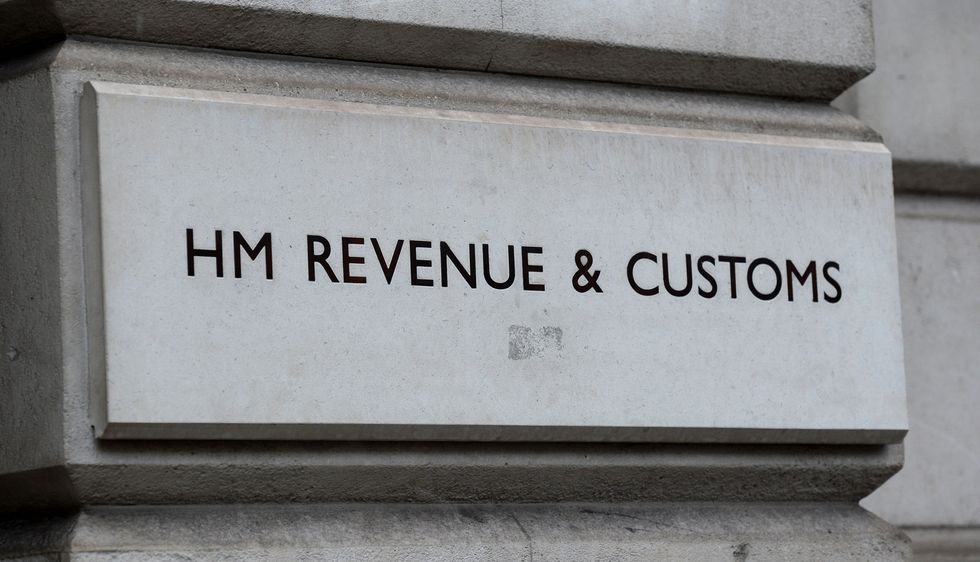 Reeves could claw back money by closing inheritance tax loopholes | PA Media
Reeves could claw back money by closing inheritance tax loopholes | PA MediaLaura Hayward, a tax partner at Evelyn Partner, outlined why there has been a "steady" increase in inheritance tax receipts:
She explained: "The steady annual rise in IHT receipts has been ingrained in recent years as inflation has dragged more assets and more estates over the frozen nil-rate bands."
She further notes that this trend is likely to continue, particularly affecting the baby boomer generation.
"Any changes aimed at increasing the IHT take beyond this fiscal drag effect are likely to reap outsize results over the coming years as the baby boomer generation reaches average mortality," Hayward added.
The tax expert noted there are "firm reports claiming business and agricultural property reliefs will be reformed and the gifting rules revamped".
These potential reforms have prompted some individuals to take action before any announcement by the Chancellor in next week's Budget.
It is widely expected that Rachel Reeves will either extend the current freeze on tax thresholds, which is supposed to remain in place, or reform the existing IHT relief to claw back money for the Treasury.
Hayward added: "We have spoken to many people this summer who were bringing forward plans to gift substantial assets, not just to start the seven-year clock ticking, but also to pre-empt an expected CGT rise."
LATEST DEVELOPMENTS:
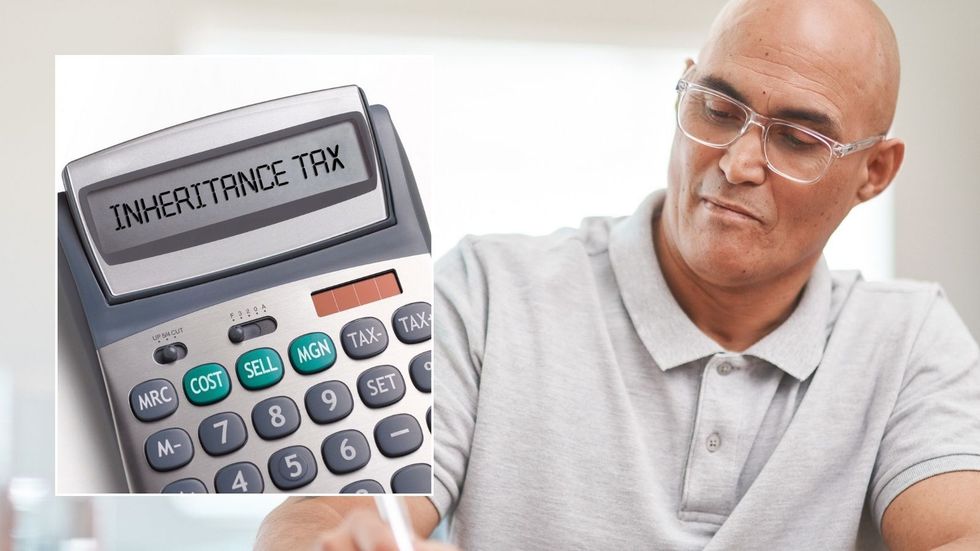
IHT reform is being floated ahead of this month's Budget
| GETTYThe possibility of changes to capital gains tax (CGT) is also influencing behaviour from taxpayers.
HMRC data shows CGT receipts for July to September 2024 were 16.3 per cent higher than the same period in 2023, suggesting increased asset disposals.
Laura suggests that changes to nil-rate bands could also be on the horizon, stating: "It's not out of the question that the Chancellor could also look at the nil-rate bands, as the residential NRB has come under criticism for discriminating against those who can't or don't want to leave their main property to a direct descendant."
A UK Government spokesperson said: "We do not comment on speculation around tax changes outside of fiscal events."


